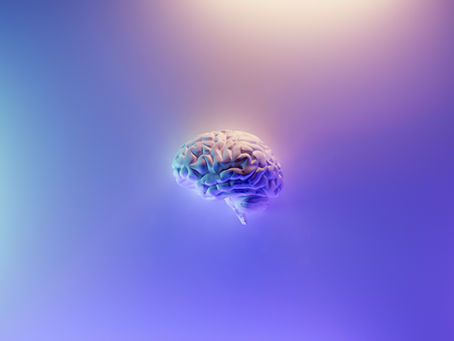top of page
What is Speech Therapy for Adults??
In this blog, Cecelia answers common speech therapy related questions and shares therapy techniques.
Search


Brain Gains at the Gym: Why a Speech Pathologist Promotes Group Exercise
Exercise isn't just for physical health. It is also a powerful tool for brain health. Recent research shows how significant routine physical exercise can be for preserving brain function. We can reduce our risk of cognitive decline as we age with exercise. Learn more about the positive benefits exercise has on the brain and cognition.


What is Client-Centered Speech Therapy and Why is it Important?
Speech therapy that is person-centered (or client-centered) is collaborative and tailored to one's specific needs and lived experience. It results in better outcomes. Learn what person-centered therapy should look like and how it will take your speech therapy goals to the next level.


Breaking Barriers: Speech Therapy's Impact on Communication, Confidence, and Connection
Entering the professional arena can be daunting for anyone, but for those who didn't find success in childhood speech therapy, the challenges may seem more pronounced. Expressing one's ideas clearly and engaging in effective collaboration builds meaningful connections and helps propel a career. It's never too late to build on communication strengths and gain confidence in the power of your voice.


Pseudobulbar Affect (PBA) After a Stroke: When Emotions Go on a Rollercoaster Ride
Imagine you've had a stroke or brain injury, and you're trying to recover, but suddenly, you find yourself laughing or crying at unexpected moments. This may be from a condition called Pseudobulbar Affect (PBA). PBA can get overlooked with all the other symptoms one may be managing but it can have devastating impacts on our relationships. Fortunately, it can get better. Learn how to identify PBA and what strategies may help these moments of heightened emotional outbursts.


Communicating After a Stroke Is Not Just About Words...Or the Words We Can't Find
A stroke can impact one's ability to communicate effectively. Add the other stressful life changes that a stroke can cause and it can create a strain on stroke recovery, relationships and wellbeing. This is a speech pathologist's guide in how to have important conversations with your loved ones when aphasia is an obstacle.


How to Help Someone with Anomic Aphasia
When we struggle with word finding, this is called anomia. Anomic aphasia is the diagnosis that describes word finding difficulty and can be related to a stroke or dementia or similar conditions. There are ways to help someone who is struggling to find their words. Learn strategies from a speech pathologist specialized in aphasia.


Dementia and Aphasia
Dementia can causes changes to communication as the disease progresses. Learn about these changes and how speech therapy can help support communication even when words fail us.


How a Stroke Can Impact Communication
There are several ways that a stroke can negatively affect communication. Learn the differences and symptoms of dysarthria, aphasia, and verbal apraxia and how speech therapy can rehabilitate communication after a stroke.


What is Aphasia?
Aphasia, by definition, is a language impairment and does not suggest any other cognitive deficit. It is a common consequence of stroke, brain tumor, head injury or similar conditions. Each case of aphasia is different and no two brains are the same.


Do you have aphasia? Do you know your rights?
The Aphasia Bill or Rights ensures people are notified of their aphasia diagnosis, their rights to treatment and connects resources
bottom of page
.jpg)
